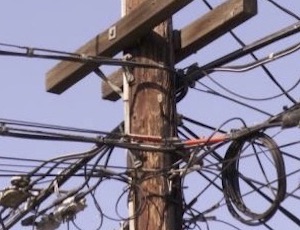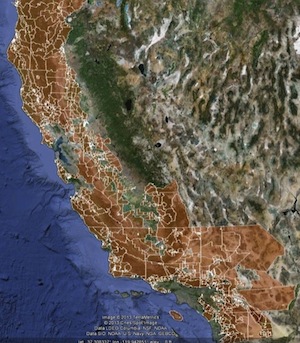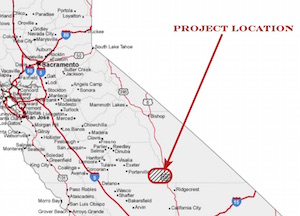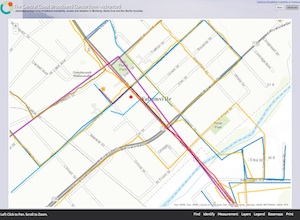Broadband projects should compete for more federal money, report recommends
![Nsaum75 at en.wikipedia [CC BY-SA 3.0 (https://creativecommons.org/licenses/by-sa/3.0) or GFDL (https://www.gnu.org/copyleft/fdl.html)], via Wikimedia Commons](https://www.tellusventure.com/images/2015/9/pinata.jpg)
Broadband gets a swing at it too.
There’s not a lot new in the recommendations released yesterday by the federal Broadband Opportunity Council, an interagency talking shop launched earlier this year as part of U.S. president Barack Obama’s community broadband initiative. But it is useful source for information about existing federal broadband programs and it at least gets some commitments, and even a few deadlines, down on paper.
The big question, of course, is where’s the money?… More

![By James Petts from London, England (Monopoly) [CC BY-SA 2.0 (https://creativecommons.org/licenses/by-sa/2.0)], via Wikimedia Commons](https://www.tellusventure.com/images/2015/9/monopoly.jpg)
![By Fabrizio Sciami (Flickr: Un brindisi per Riccardo) [CC BY-SA 2.0 (https://creativecommons.org/licenses/by-sa/2.0)], via Wikimedia Commons](https://www.tellusventure.com/images/2015/3/dinner.jpg)




![By Tolerancezero at en.wikipedia [Public domain], from Wikimedia Commons](https://www.tellusventure.com/images/2015/7/soledad_city_limits.jpg)
![Susanne Kauz [CC BY-SA 4.0 (https://creativecommons.org/licenses/by-sa/4.0)], via Wikimedia Commons](https://www.tellusventure.com/images/2015/8/banana_peels.jpg)
